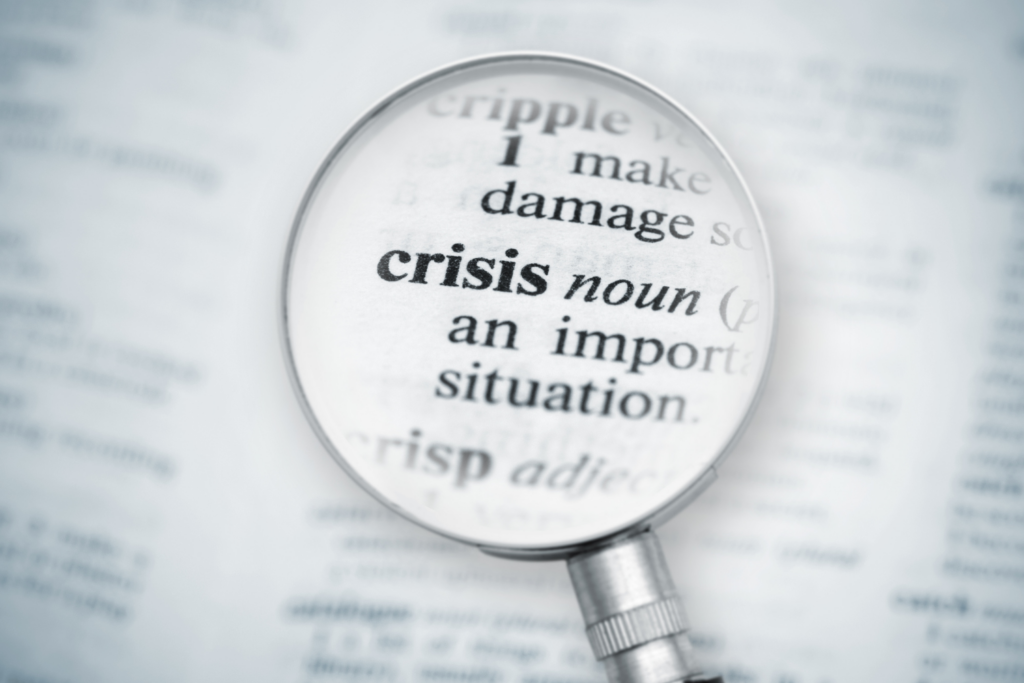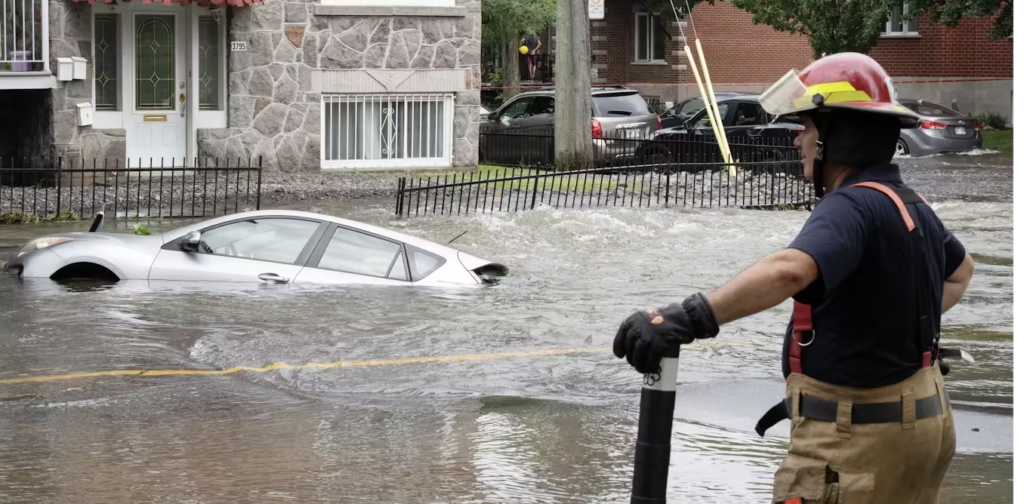Tackling the Complex Links Between Climate Change, Conflict, and Health
The authors underscore the urgent need to address the interconnected threats of climate change, conflict, and health. They highlight how these threats not only cause direct harm, such as heat-related deaths and conflict-driven mortality, but also compound vulnerabilities by damaging health systems, disrupting essential services, and fueling cycles of instability. Fragile and conflict-affected states are […]
Tackling the Complex Links Between Climate Change, Conflict, and Health Read More »









